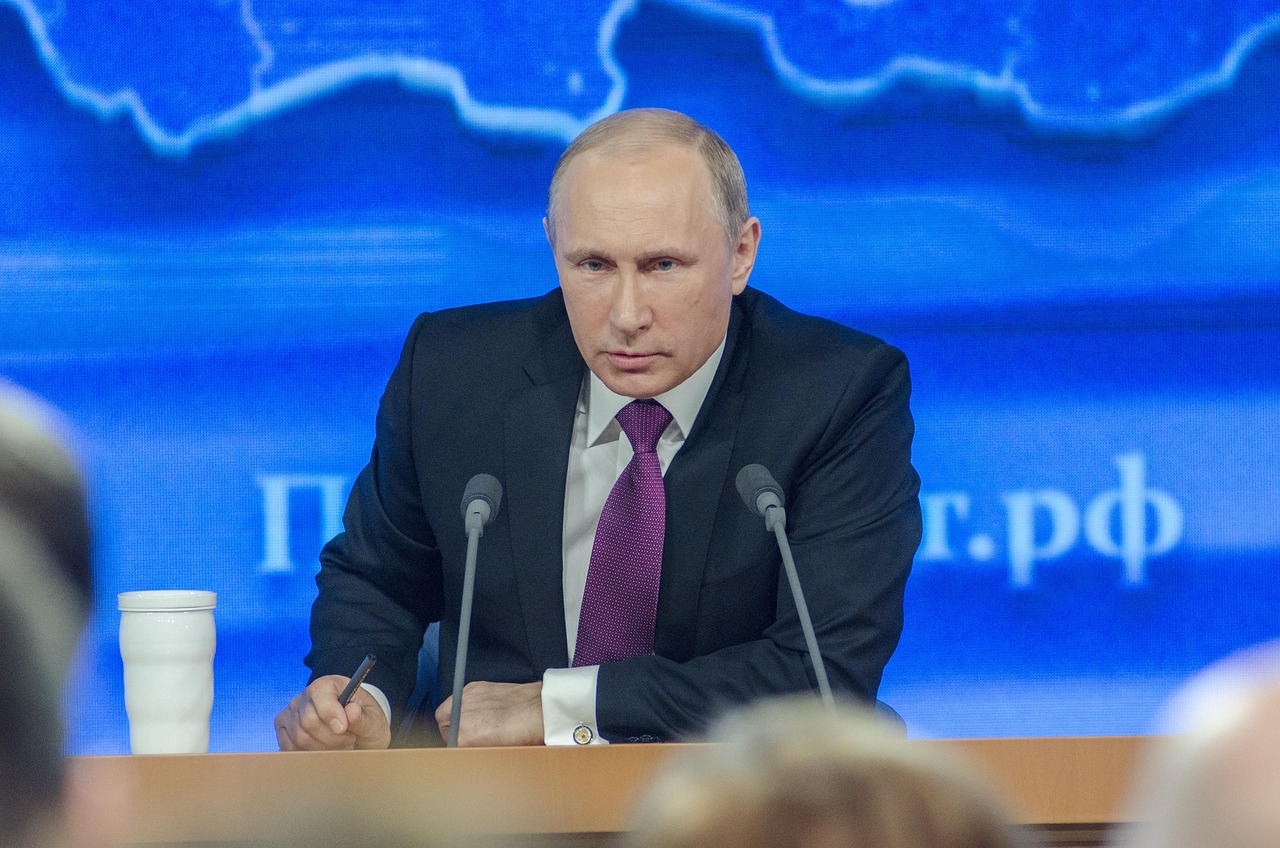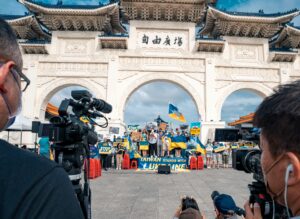“‘Won’t Surrender Land to Buy Peace’: Zelensky’s Firm Stance Ahead of US–Russia Summit”
Introduction
As the world braces for a high-stakes summit between U.S. President Donald Trump and Russian President Vladimir Putin in Alaska, Ukrainian President Volodymyr Zelenskyy has issued a sharp warning: Ukraine will not surrender its land for peace. His statement comes amid reports of potential territorial “swapping” being floated at the upcoming meeting, despite Ukraine’s sovereign stance.www.ndtv.comThe Times of IndiaReuters
Background: The Summit & Proposed Peace Strategy
The summit, scheduled for August 15, 2025, was announced by Trump as a pathway toward peace in Ukraine, with Russian media hinting at possible agreements involving territorial concessions. Yet, Kyiv was noticeably excluded from direct talks, drawing widespread international criticism.Reuters
Zelenskyy responded with defiance: “Ukrainians will not gift their land to the occupiers,” emphasizing that any decision without Ukraine is not only invalid—but counterproductive.www.ndtv.comThe Times
Zelensky’s Rejection of Territorial Concessions
Zelenskyy’s response was not just rhetorical; it reaffirmed three core principles:
-
Sovereignty is Non-Negotiable – Rejecting external pressure to cede territory.
-
No Decisions Without Ukraine – Upholding the principle: “Nothing about Ukraine, without Ukraine.”Wikipedia
-
Peace Must Be Genuine – Zelenskyy called any decision made without Ukrainian participation “stillborn”—highlighting risks of legitimacy and sustainability.www.ndtv.comThe Times
International Reaction & Ukraine’s Strategic Position
International leaders swiftly echoed Zelenskyy’s position:
-
UK Prime Minister Keir Starmer and others emphasized the importance of European security guarantees and Ukraine’s role in any negotiation.The TimesReuters
-
Earlier in 2025, the London Summit and a coalition of 26 countries united to offer military and economic support—a sign of growing allied solidarity.Wikipedia+1
What’s at Stake: Territorial Integrity vs. Appeasement
World leaders expressed concern about potential appeasement reminiscent of historical miscalculations:
-
A Washington Post opinion likened the situation to the Munich Agreement, warning that territorial swaps would embolden Russia and undermine Ukraine’s sovereignty.The Washington Post
-
Meanwhile, analysis from Reuters and AP underscored how such deals may embolden further aggression instead of securing lasting peace.ReutersAP News
Public Sentiment & Ukraine’s Position
Recent polling shows Ukrainians remain steadfast:
-
The vast majority oppose territorial concessions, and a majority believe Ukraine should retain its path toward NATO and EU regardless of war conditions.Wikipedia
Zelenskyy’s posture reflects this consensus—peace driven by capitulation is unacceptable to both his citizens and his conscience.
What Lies Ahead: Options & Challenges
1. The Alaska Summit with No Ukrainian Presence
-
Raises fears of backdoor deals that lack legitimacy or enforceability.
2. Long-Term Alternative: Stronger Western Security Guarantees
-
The “coalition of the willing” and NATO-aligned security proposals aim to offer Ukraine protection without compromising its territory.Wikipedia+1
3. Maintaining Peace & Sovereignty
-
Ukrainians demand that peace not be bought at the expense of injustice or bloodshed.
Conclusion
In this pivotal moment, President Zelenskyy’s unwavering stance reminds the world: peace is only meaningful when it is just. Ukraine’s resolve—to negotiate only on its own terms and with full participation—serves as a powerful reminder of the costs of sidelining sovereignty. The upcoming US–Russia summit could either honor these values or betray them—and the outcome may shape not only Ukraine’s fate but the future of European stability.
FAQs
1. Why did Zelenskyy oppose the Alaska summit deal?
Because it proposed territorial swaps that violate Ukraine’s constitutional and sovereign position. No peace agreement is valid without Ukraine’s direct involvement.www.ndtv.comReuters
2. What are world leaders saying?
European leaders, including Starmer, urge that any peace must protect Ukraine’s rights and involve Ukraine, rejecting unilateral U.S.–Russia deals.The TimesReuters
3. How do Ukrainians feel?
Most oppose territorial concessions and support defense of sovereignty and NATO alignment regardless of wartime pressures.Wikipedia
4. What international efforts are ongoing?
Allied leaders formed a “coalition of the willing” poised to provide security guarantees and peacekeeping support if needed.Wikipedia+1
5. What are the risks of the summit?
Critics liken it to appeasement tactics and caution that concessions now may pave the way for future aggression.The Washington Post




